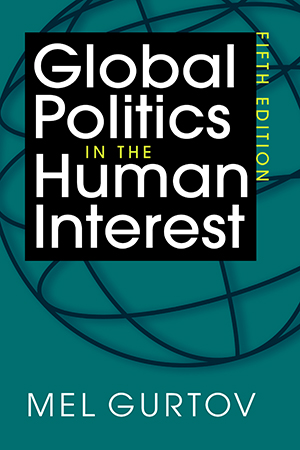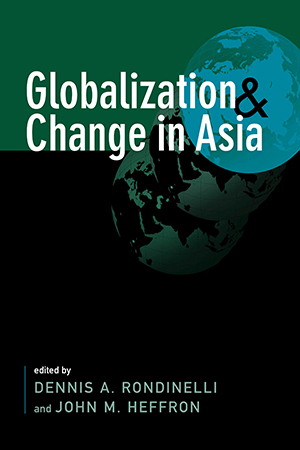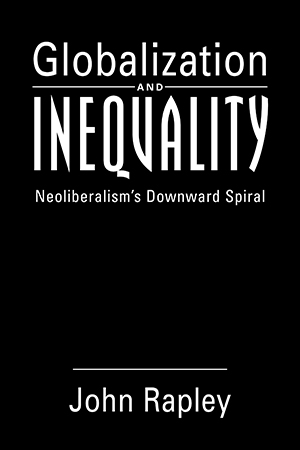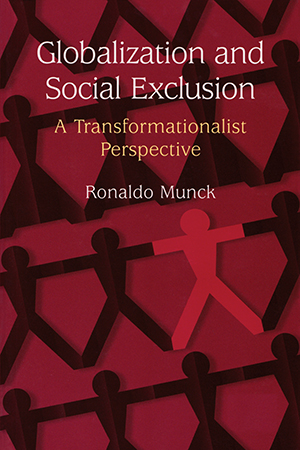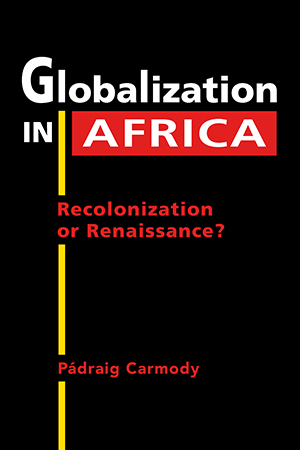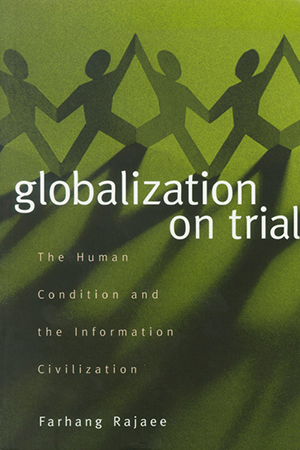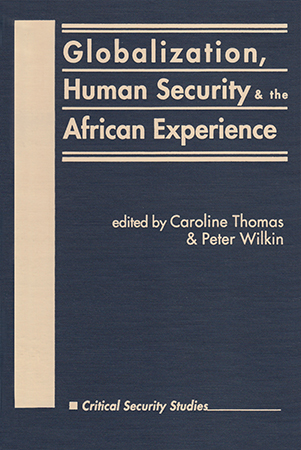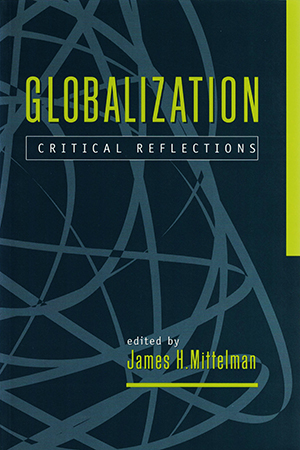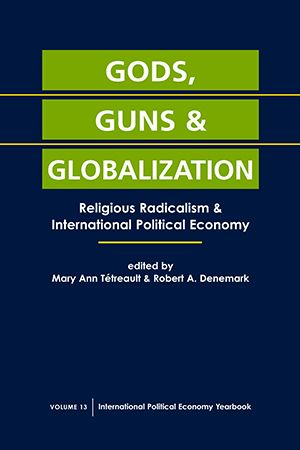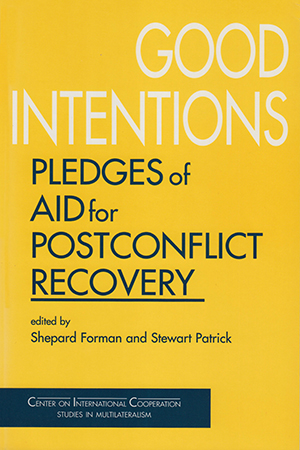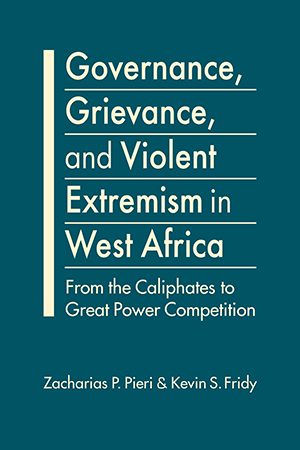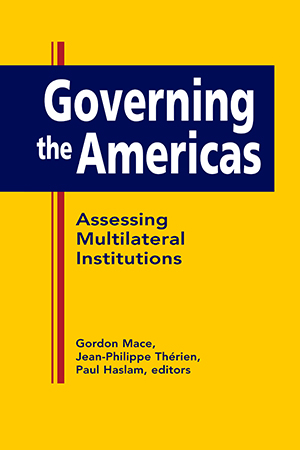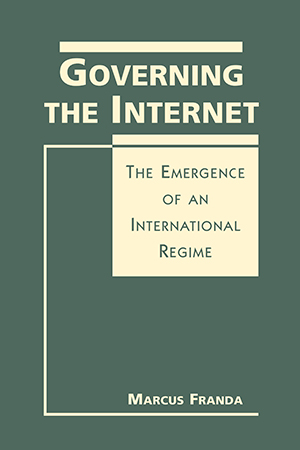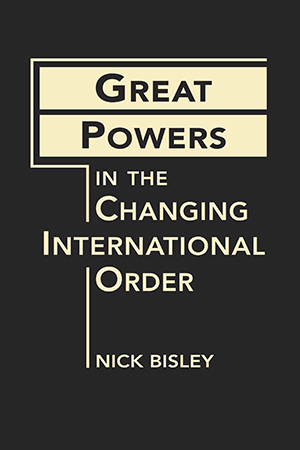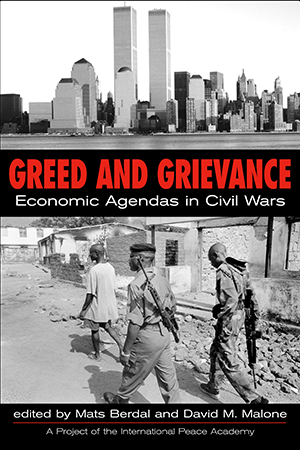International Relations (all books)
Traditional studies of world politics emphasize the struggle between states as they search for national security. But increasing interdependence has transformed the world political agenda, More >
Globalization and Change in Asia explores three decades of adjustment on the part of governments, civil society, and the private sector to the complex new forces of international More >
Has the far-reaching experiment in creating a new world order along neoliberal lines succeeded? John Rapley answers with an emphatic no, contending that the rosy picture painted by More >
When global economies integrate, what disintegrates as a result? The answer, Ronaldo Munck contends, is social equality. To illustrate how globalization deepens existing inequities, Munck More >
Is globalization good for Africa? Pádraig Carmody explores the evolving nature and impact of globalization throughout the continent, as China, the US, and other economic powers exert More >
Farhang Rajaee provides a fresh and critical inquiry into the nature of globalization. Rajaee's staring point is the combination of the fall of the bipolar world system, the advent of More >
The globalization of world politics affects issues rarely considered in traditional security studies. This book explores the interrelationships of those issues in critical security terms, More >
This book analyzes the empirical trends constituting the globalization process in the late twentieth century and explains its underlying causes and consequences. The authors explore the More >
Is it accurate to equate "fundamentalism" with antimodernism? What explains the growing importance of religious activists in world politics? Guns, Gods, and Globalization explores More >
This comparative study assesses the causes—and consequences—of failures to fulfill pledges of aid to postconflict societies. In each of six case studies, the coauthors (drawn More >
What happens when external forces are brought to bear on domestic grievances and governance institutions? In environments profoundly affected by both violent extremist organizations and More >
Governing the Americas presents the first systematic assessment of the functioning of hemispheric institutions since the introduction of the Summit of the Americas process in More >
Governing the Internet explores the many complex issues and challenges that confront governments, technocrats, business people, and others as they try to create and implement rules for a More >
What does it mean to be a great power? What role do great powers have in managing international order, and is that role still relevant in a globalizing world? Are new great powers likely to More >
Current scholarship on civil wars and transitions from war to peace has made significant progress in understanding the political dimensions of internal conflict, but the economic motivations More >


